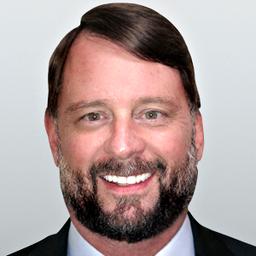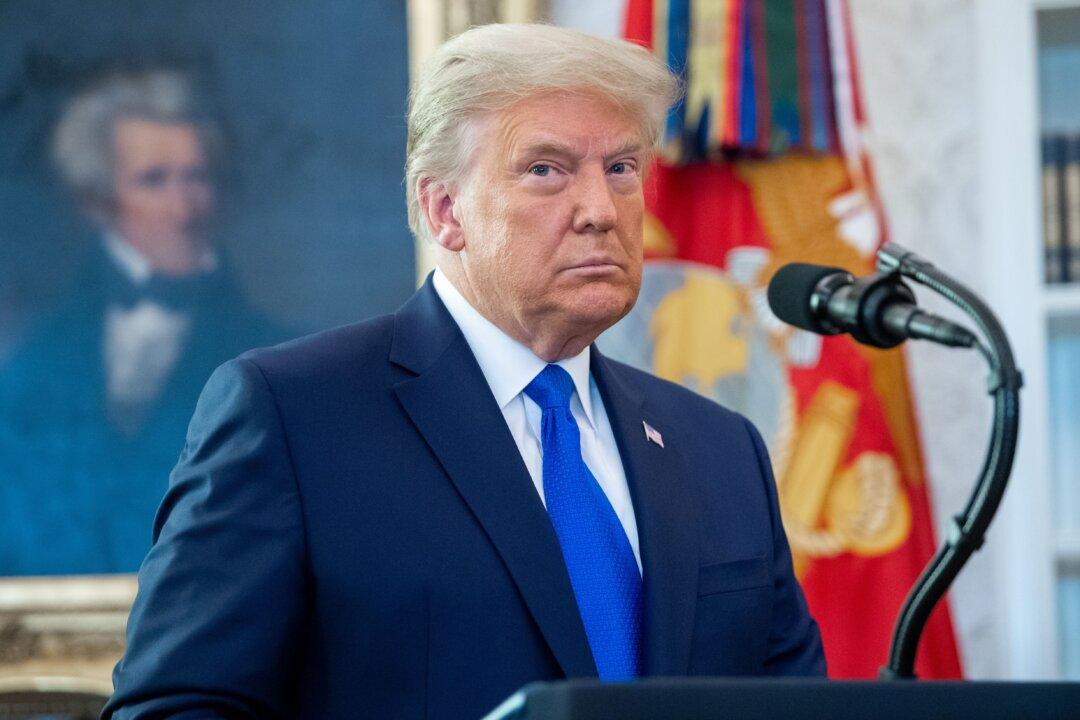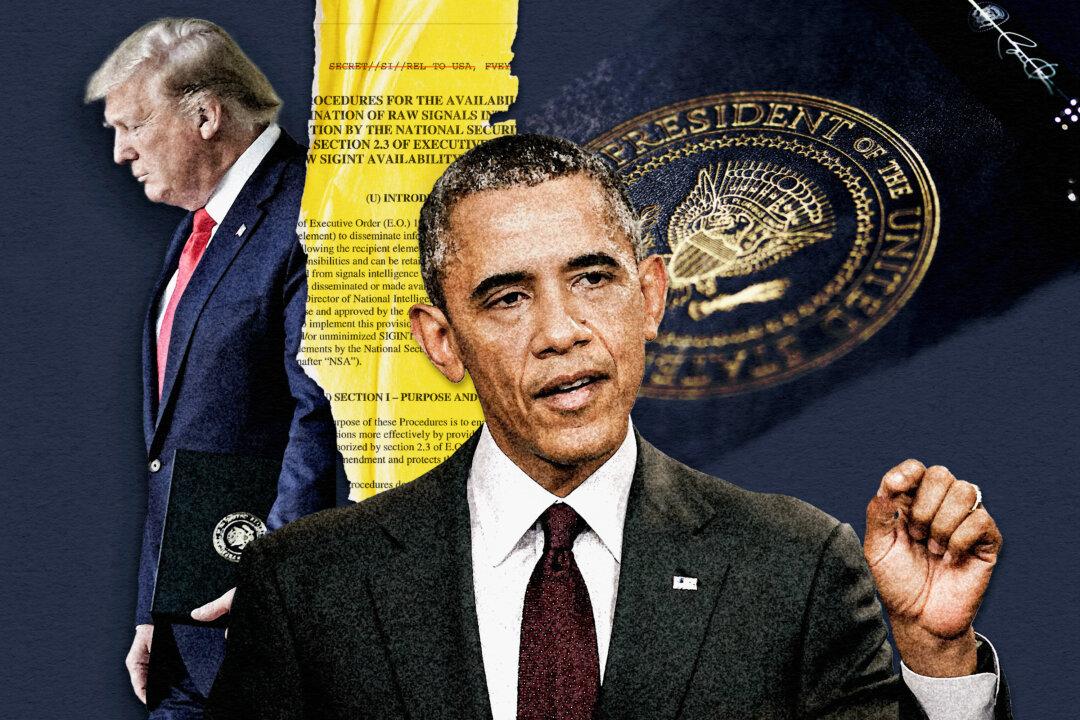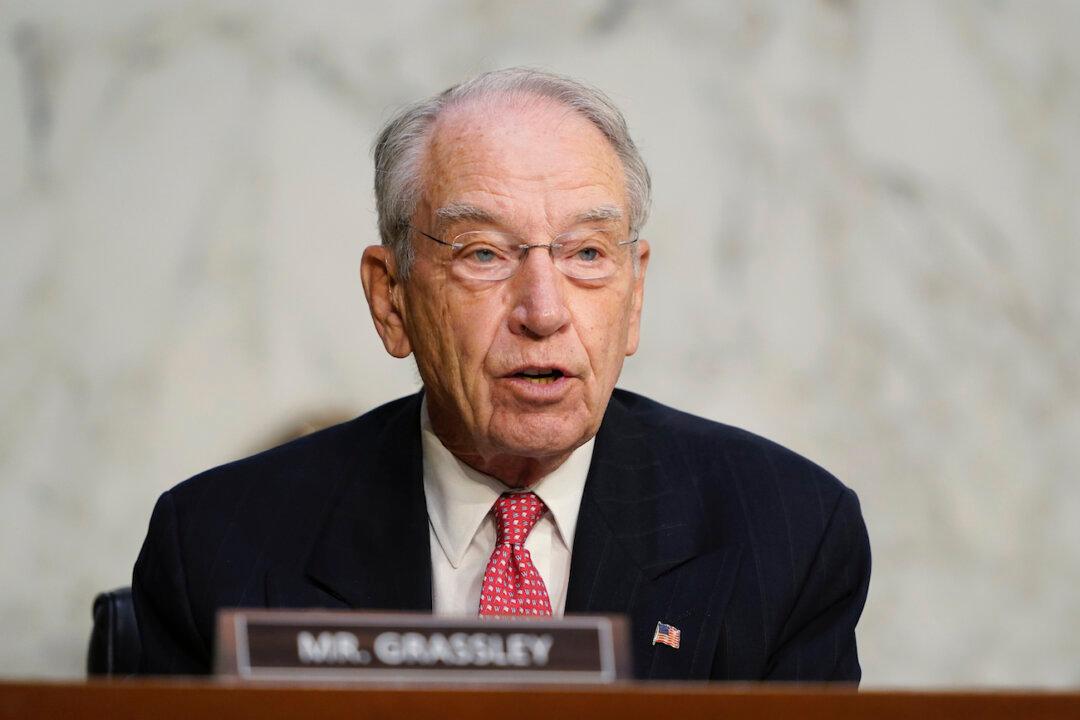News Analysis
On Dec. 7, 2018, CNN published an article discussing events in the eight days following the May 9, 2017, firing of former FBI Director James Comey by President Donald Trump. Comey was fired after a recommendation letter written by Deputy Attorney General Rod Rosenstein, titled Restoring Public Confidence in the FBI, was delivered to the president.





